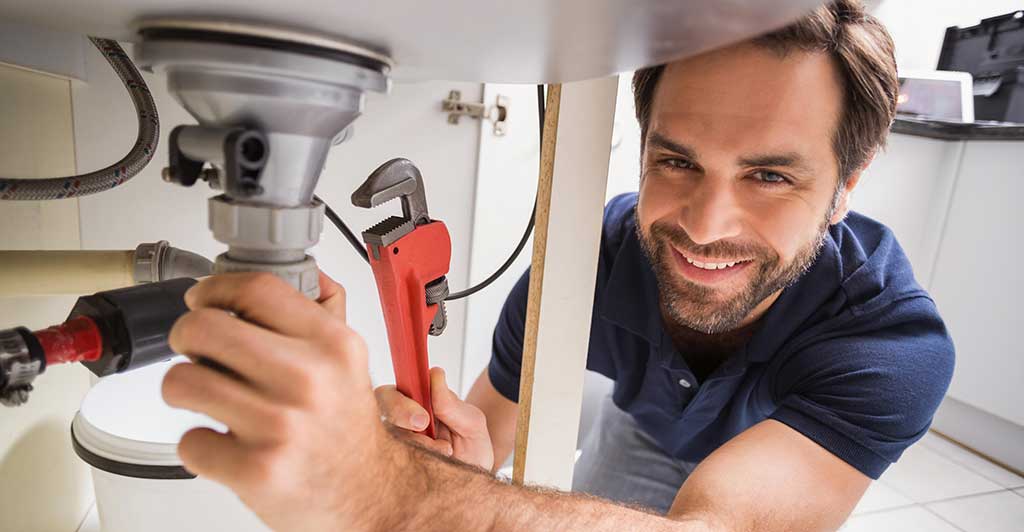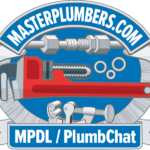What is a ‘Master’?
According to the Cambridge Dictionary, a Master can be many things:
Noun A Skilled Person; A person who is very skilled in a particular job or activity
Noun A Copy; An original version of something from which copies can be made.
Noun A Controller; A person who has control over a particular situation.
Verb To Learn; To learn how to do something well; to become skilled at something.
Adjective Extremely skilled; A master craftsman
Noun A Teacher
A Master Plumber is all of these things, and more.
- You’re skilled, trained and qualified at what you do, meeting practice and trade standards
- You’re licensed in your trade
- You’re a craftsman or craftswoman
- You support your community and keep it operating
- You support the next generation of plumbers, training apprentices and sharing knowledge
- You share information and ideas with a network of like-minded tradies and peers
- You stand behind your work, your name and your trade and make our industry proud.
At Master Plumbers Network, we endeavour to provide an industry space where tradespeople like YOU can find and share best practice, information, industry news, services, education and tools, as well as connect and engage with others…all for free.
Unaffiliated or associated with any Master Plumbing Association, we are a community of people who
share ideas, problems, solutions and mateship. Because sometimes it can be tough out there on your
own, especially in times such as they are right now.
What does it mean to be a ‘Master Plumber’?
As with many industries and professions, there are classifications in plumbing that define your
experience. As you develop your career as a plumber, you will move through 3 key experience levels:
Apprentice |
⇒ |
Journeyman |
⇒ |
Master Plumber |
Here’s what you need to know about each:
Apprentice
Everyone starts somewhere, and for plumbers, that is usually as a trainee or an apprentice. As an
apprentice, you’ll be undertaking jobs under the guidance of a journeyman or master plumber,
completing both coursework, alongside practical on-the-job training.
You apply and interview for a registered apprenticeship just like any other job, with
apprenticeship programs offered through trade schools, industry organisations, government programs
and reputable companies. Apprenticeships usually take from three to five years, and are critical to
our industry, ensuring we maintain high levels of both skill, and professionalism.
Journeyman Plumber
After completing your apprenticeship requirements and licensing exam, you are then qualified as aplumber…congratulations! You are now able to undertake jobs without supervision. As a Plumber,
you should now have skills, and can undertake work, including:
- Standard plumbing repairs, such a fixing leaks or blockages
- Installing new pipes and associated fixtures which comply with plumbing standards
- Being able to work with different systems and hardware
- Planning for new, and renovating old, construction projects
- Adapting to both residential and business environments and ways of working
- Following environmental best practice
Master Plumber
The key difference that sets a Master plumber aside is experience. After you’ve worked consistently
for usually four to five years as a journeyman plumber, you’re eligible to become a master plumber.
This usually involves additional training and certification, achieving a higher level of licensing
than a journeyman plumber. Usually, a Master Plumber has more business management experience, and
will undertake more of a leadership role, including supporting and supervising apprentices and
journeyman plumbers.
A Master Plumber operates at a level above a regular Plumber, including:
- Experience over several years working as a plumber
- Ability to solve complex problems and plumbing challenges outside the norm
- Understanding building code and what you can and can’t, should and shouldn’t do
- Familiarity with business and consumer law, contracts, and customer obligations
- Willingness to, and history of, training apprentices for the sustainability of a quality industry
Remaining a Master
As Master Plumbers, it is our responsibility to not just do the hard yards upfront, but
ongoing… ticking boxes and taking exams at the start of our careers, but then toiling away at our
craft standing still isn’t the way to grow. It is our duty and our responsibility to share these
skills with our peers, trainees and apprentices, to ensure consistency, quality and longevity of
trade to which we all put our names.
We have an obligation to keep learning ourselves. Being a Master is not about learning a set of
skills and then stopping. It’s about learning continuously to stay in touch and relevant, and to be
someone that the next generation of plumbers can look up to as they follow in our footsteps
As Steve Jobs said: Learn continually. There’s always “one more thing” to learn.
Together, at Master Plumbers Network, let’s stand united as a group of professionals – of Masters – and continue to make our industry the best that it can be…for today, but also for tomorrow.
Connect with other Master Plumbers
Follow the links to your preferred social media platform at https://masterplumbers.com/plumbchat








